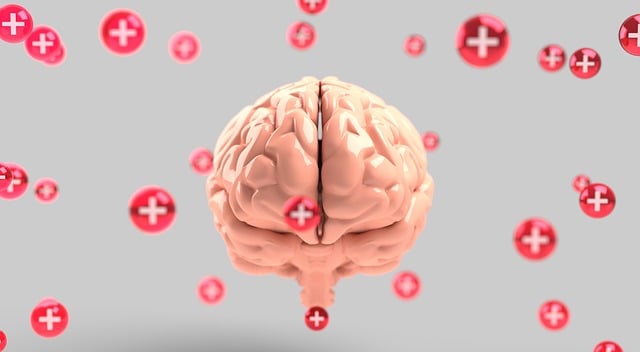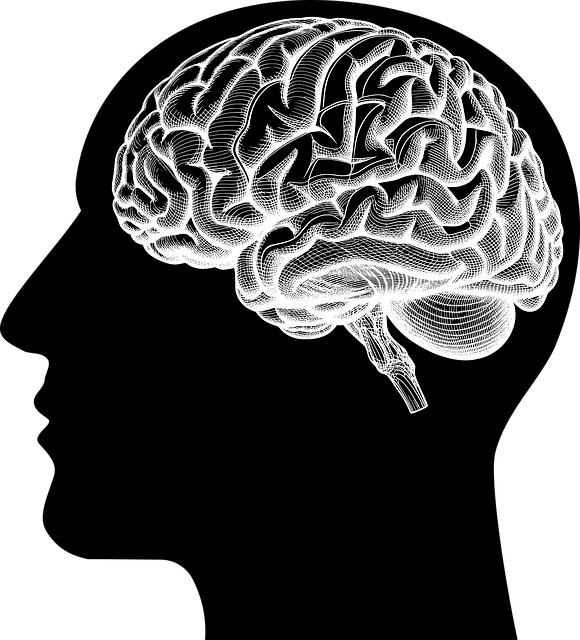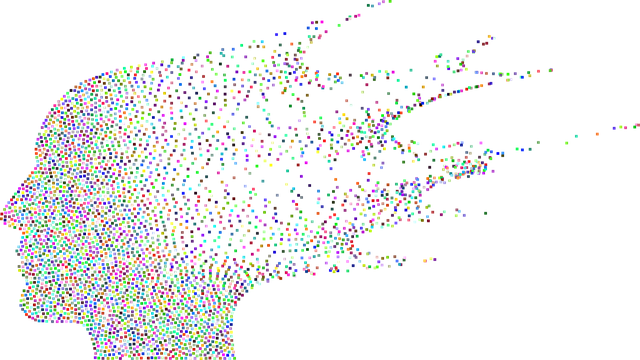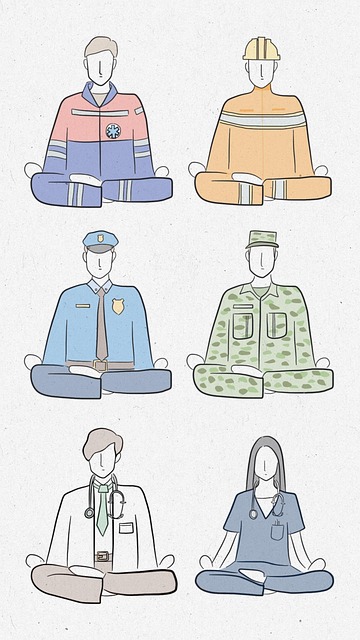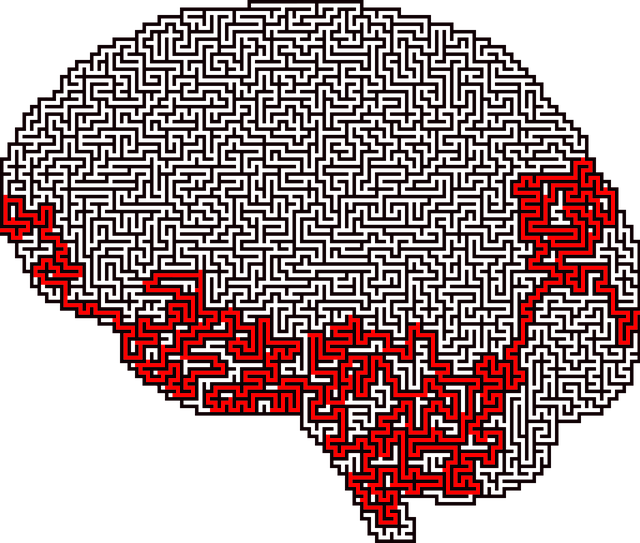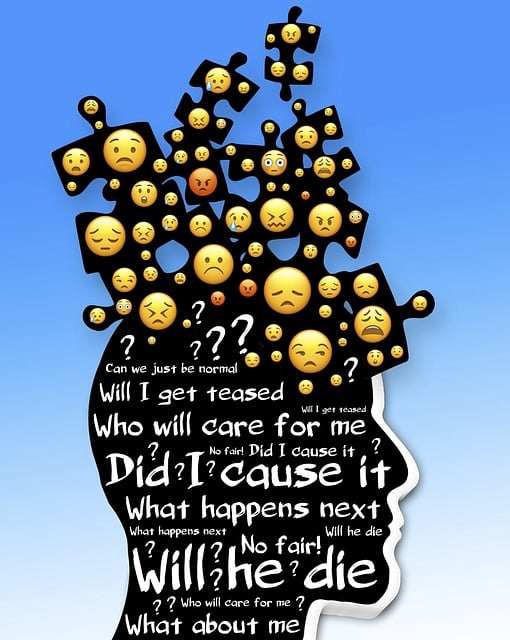Therapy for young children with anger issues requires a nuanced, risk-assessments focused approach. By understanding each child's unique background, therapists can identify and address potential risks while equipping them with skills like conflict resolution, resilience building, and stigma reduction. This comprehensive strategy, tailored to individual progress, ensures a safe and effective therapeutic environment for emotional growth and development.
Mental health professionals constantly navigate complex scenarios, and understanding risk assessment is paramount to ensuring safe and effective therapy. This article delves into the intricacies of risk management, specifically focusing on young children with anger issues in therapeutic settings. We explore how to identify potential risks, address specific challenges in therapy for this demographic, and implement powerful strategies for anger management. By equipping professionals with these tools, we aim to enhance safety and foster positive outcomes in treatment.
- Understanding Risk Assessment in Mental Health Practice
- Specific Risks in Therapy for Young Children with Anger Issues
- Strategies for Effective Risk Management and Anger Intervention
Understanding Risk Assessment in Mental Health Practice

Risk assessment is a fundamental component of mental health practice, particularly when working with vulnerable populations such as young children. It involves systematically identifying and evaluating potential risks that may impact a client’s well-being during therapy. By understanding a child’s unique circumstances, including their history of trauma, family dynamics, and existing mental health conditions, therapists can anticipate and mitigate risks effectively. This proactive approach ensures the safety and security of young clients, fostering an environment conducive to healing and growth.
Incorporating techniques like conflict resolution training, resilience building, and stigma reduction efforts into therapy sessions equips children with essential coping skills. These strategies not only help them manage anger and emotional challenges but also promote positive interactions with peers and adults. By addressing these aspects holistically, mental health professionals can enhance their clients’ overall well-being and foster healthy development.
Specific Risks in Therapy for Young Children with Anger Issues

Working with young children presenting anger issues in therapy comes with unique challenges and specific risks that mental health professionals must consider. These children often struggle with emotional regulation, which can lead to intense and sometimes aggressive behaviors during sessions. Understanding their underlying triggers and past experiences is crucial for effective therapy. Many young clients may have experienced trauma, neglect, or abuse, contributing to their anger management difficulties.
A thorough risk assessment is essential in this context to ensure the safety of both the child and the therapist. This involves evaluating potential hazards such as physical aggression, self-harming behaviors, or emotional escalations during therapy sessions. Mental health professionals should be equipped with strategies for trauma support services and have access to resources for mental wellness coaching programs development to address these complex needs effectively while maintaining a safe therapeutic environment.
Strategies for Effective Risk Management and Anger Intervention

Mental health professionals are frequently exposed to complex situations involving anger and trauma, making effective risk management crucial for their well-being and practice integrity. Strategies for mitigating risks should encompass a multi-faceted approach tailored to individual needs. This includes self-care practices designed to prevent burnout, regular supervision for emotional support and professional guidance, as well as specialized training in trauma support services. By integrating these measures, professionals can enhance their resilience and effectively navigate challenging scenarios.
When dealing with anger, particularly in therapy for young children, a structured Anger Intervention Plan becomes vital. This plan should involve clear communication strategies to help children express and manage their emotions healthily. Incorporating techniques from the Mental Wellness Podcast Series Production, such as mindfulness exercises and positive reinforcement, can foster healthier emotional responses. Regularly reviewing and adapting this plan based on individual progress ensures a dynamic approach to anger management, contributing to both the child’s mental wellness and the professional’s effective risk assessment strategies.
Mental health professionals play a vital role in helping young children manage anger, but they must also be aware of potential risks within this therapeutic process. By understanding risk assessment and implementing effective strategies, therapists can ensure safe and successful interventions. This includes recognizing specific risks associated with anger management therapy for young clients, such as emotional intensity and parental involvement. Through proactive risk management, professionals can create a supportive environment, foster positive outcomes, and navigate challenges, ultimately enhancing the quality of care provided to these vulnerable individuals and their families.


